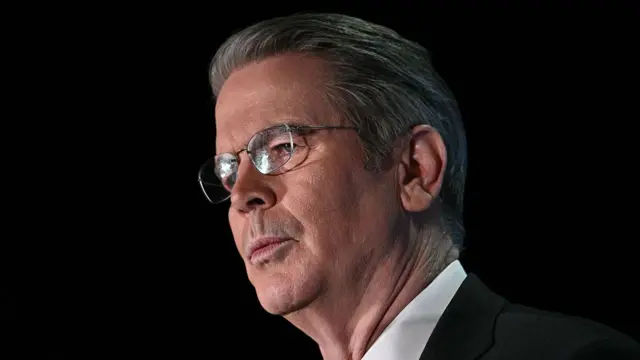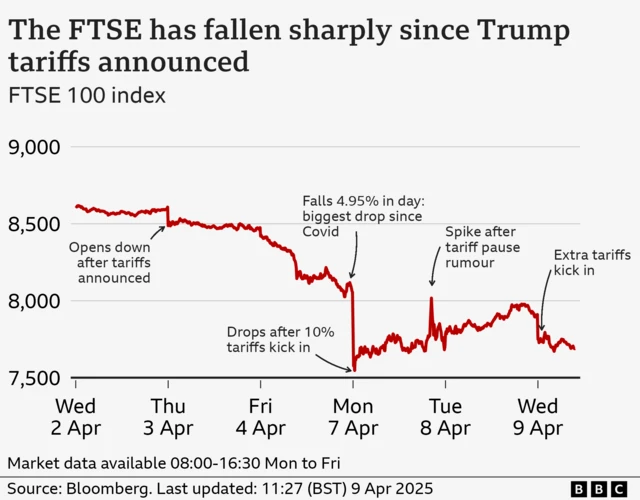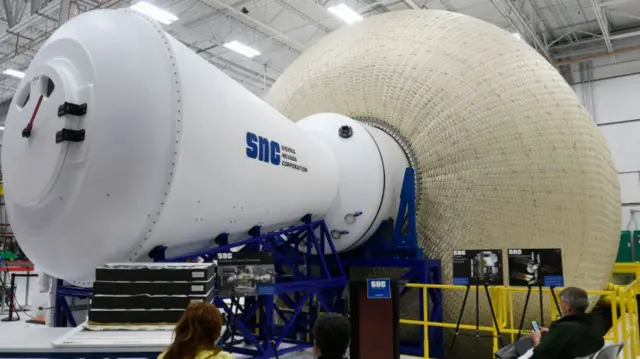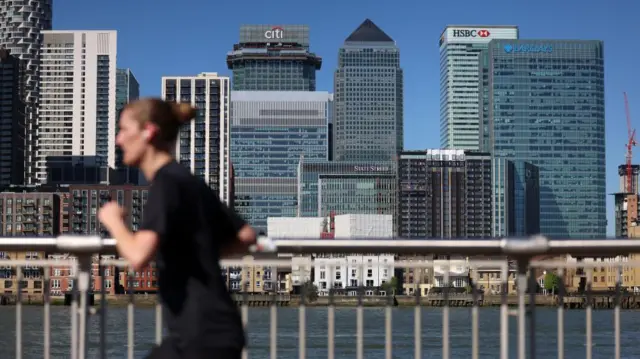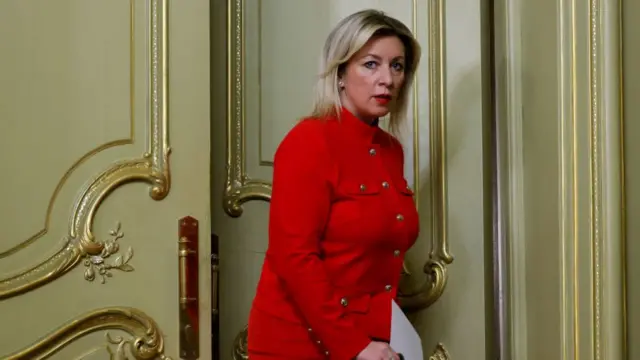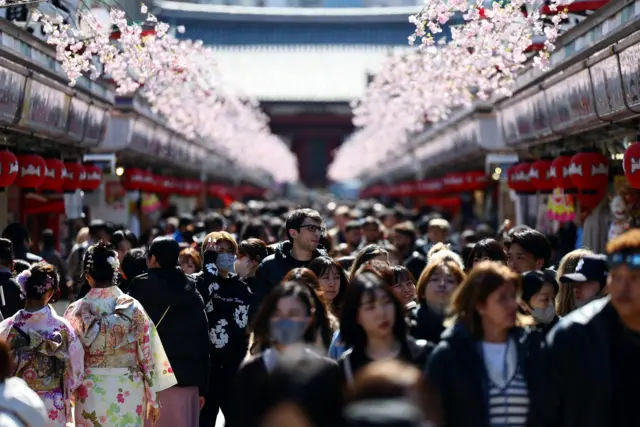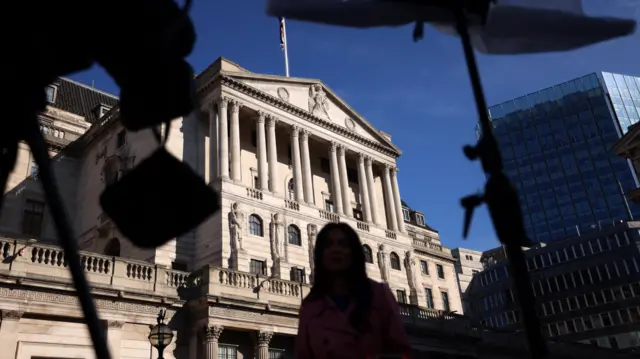EU tariffs on US to come into effect in three phasespublished at 14:49 BST 9 April
 Jonathan Josephs
Jonathan Josephs
BBC business reporter
The new tariffs that the EU has announced on the United States will affect €20.9bn (£18bn) worth of goods.
I’m told they will be brought in three phases with the first set coming into effect on Tuesday next week on €3.9bn worth of stuff the US sells to EU countries.
A month later, on 15 May another €13.5bn of goods will be impacted, followed by a further €3.5bn from 1 December.
These tariffs are in response to the 25% import taxes President Trump imposed on all steel and aluminium and came into force in mid-March. They applied to both the EU and the rest of the world.
The delay in retaliating shows how EU trade policy isn’t able to move as quickly as the US because all 27 member states need to vote on any new tariffs.
However in its statement announcing the tariffs the EU did make clear that “these countermeasures can be suspended at any time, should the US agree to a fair and balanced negotiated outcome”.
Confirmation of which goods the EU is targeting is expected within the next 24 hours.

